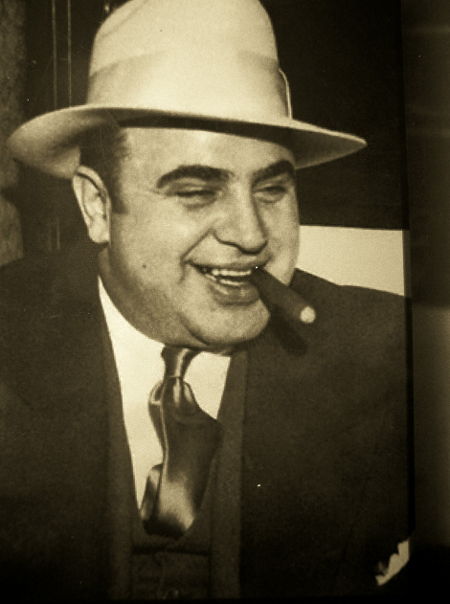
"A work of art is above all an adventure of the mind."-Eugene Ionesco
About this time last year, I made a mental list of the writing goals I wanted to accomplish in 2010. While I haven't achieved all of them, they're achingly close. But, an extraordinary thing happened on my writing journey. I was asked to work as an executive producer on a small, beautiful film, "Her Letters".
Amanda Lin Costa is the multi-talented writer, director, and producer of the film. Amanda and I have known each other for a while now. She's been an amazing mentor to me in my venture into screenwriting, even while she's been tremendously busy with her own professional projects. In November, we finally met face to face in New York City with a group of mutual friends. As expected, it was an evening packed with conversation, laughter, and a wish for more time together. And one of the things we discussed was one of her upcoming projects: a film adaption of a short story by the 19th century writer, Kate Chopin.
Later, when I was on the train back to Philadelphia, Amanda and I emailed each other about the project. She sent me a copy of the story itself, shortly followed by the first draft of her contemporary screen adaptation. And as the train rattled down the tracks, I was suddenly lost in the lives of others in a poignant, timeless story.
“I leave this package to the care of my husband. With perfect faith in his loyalty and his love, I ask him to destroy it unopened.”
These words are at the core of both Kate Chopin's story and Amanda Lin Costa's film. A woman, in the prime of a life soon to be cut short, is blessed and burdened by a stack of letters. And, when the time comes when those words are read by her husband, what does he do? What would any of us do? The conflict between respecting his wife's wishes and maddening curiosity grows increasingly deeper. Like an emotional cancer, it consumes him until he finally makes his decision.
I am truly honored and excited to be a part of "Her Letters". What am I going to actually be doing in my position? Primarily identifying and contacting potential funding sources to cover finishing costs, exploring target audiences and future distribution channels, and working with Amanda to determine which film festivals would be most appropriate for the film.
Above is a previously unpublished production still from the film. I think it gives a powerful visual of "Her Letters" as both a timeless drama and a beautifully realized adaptation.
Be sure to take a second to 'Like' "Her Letters" on Facebook: http://www.facebook.com/HerLetters
and bookmark www.herletters.com for frequent updates.






























